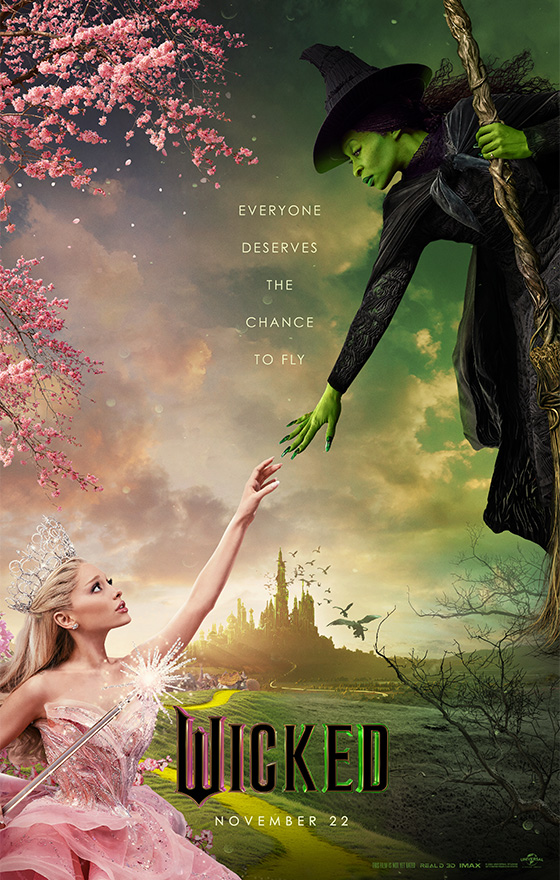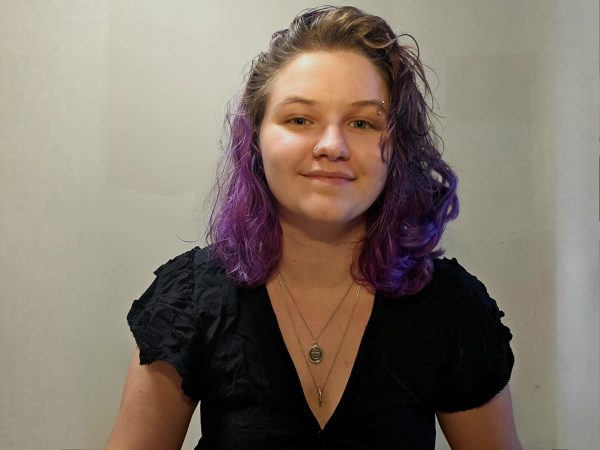
TikTok has made a lot of headlines recently, specifically because the app is supposed to be shut down on Jan. 19, 2025.
This decision was made due to the Protecting Americans From Foreign Adversary Controlled Applications Act, which is legislation that gave TikTok an ultimatum. They had 270 days, ending on Jan. 19, to divest from their China-based parent company ByteDance or be banned from United States App stores. TikTok has launched a lawsuit against this legislation on the grounds of First Amendment Rights, hearings began on Sept. 16, 2024.
Most people only know that TikTok has had rumors of bans for almost a year now, since talk of signing the Act started, and when it was signed by President Joe Biden in April.
As many users of TikTok or any other social media site know, TikTok uses an algorithm to provide users with content they want to see. While this algorithm may concern many because it creates an easy funnel for fake news and self-fulfilling biases, it is also a risk to national security and personal security because the algorithms store your data. The fear is that with access to users’ data, the Chinese-owned corporation can gather intelligence on United States employees, journalists, and citizens.
However, this is all hypothetical. TikTok even said as much to CNN. “Even the statements by individual Members of Congress and a congressional committee report merely indicate concern about the hypothetical possibility that TikTok could be misused in the future, without citing specific evidence.”
But why should any of this matter to the individual users? If there is no proof your data is being stolen or used, wouldn’t you want to stay on TikTok? After all, most people use TikTok every day.
To find out how day-to-day users felt about TikTok and its potential ban, I asked a few students of Lindenwood University.
Lindenwood STEM major Annika Koester says “I use it as a form of entertainment, and I like it for the fact that I am able to find new songs and like new music.” For Koester, TikTok provides new music and artists as well as fashion ideas. She admits that Spotify has improved in suggesting new music, but says it is not the same as TikTok.
Another Lindenwood student, Chanel Honeywell, said, “It takes up a lot of my time but it does benefit me in some ways. I learn a lot on TikTok. I realized it the other day, I kinda use TikTok as a search engine now in a way. For example, I was trying to figure out how to decorate a cake and I went to TikTok instead of YouTube.” While her TikTok is mostly full of random entertaining videos, she also uses it to inspire her hairstyles, outfits, and even cake decor.
TikTok is providing us as a society with a bit of creativity and fun. Given that we all have long days and the rate of people with mental illnesses is rising, according to the CDC, isn’t it important we keep this social media app?
If that is not enough, then maybe the financial benefits are. Lindenwood Business major Evangeline Bosso pointed out that “[TikTok] brings an income to the United States. And it’s a significant income with taxes and everything, cause that I think has like a 15 to 20% of taxes on it if not more.”
While Bosso admits that she probably loses a lot of time on the app and the news she finds is far from reliable, the mere fact that it is providing jobs and income is huge. “We are trying to lower our percentage of [people] without a job, it’s not a big percentage, but it’s still [a percentage] that otherwise the government would have to provide for.”
If TikTok not only acts as a one-stop shop for creative minds, tired brains, and information (that you should fact-check) but also as a source of income for people who are unemployed or struggling, then isn’t it worth fighting for?
For argument’s sake, we probably could just readjust to a different site with the same TikTok functions. But have you seen how that worked out with the downfall of Twitter? People are still trying to find their new Twitter. Some strong contenders are Threads, Bluesky, and Tumblr. I wonder if the needs of the users are getting lost in the legal terminology that we are too bored or too afraid to read.
Social media sites and their algorithms have become controversial in many fields, including psychology, neuroscience, and programming, but at the end of the day, we need to think of the users. As a college student, I know that people my age need to let off some steam or find something to do with their free time. I can’t help but hope TikTok does stay. But we won’t know for sure until the decision on the lawsuit is made.







